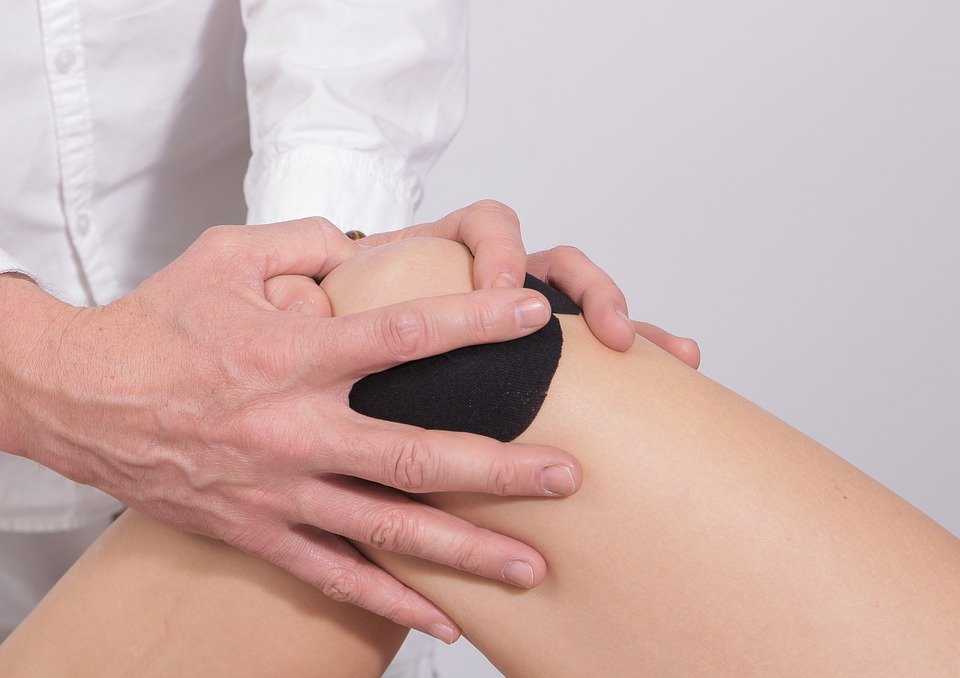
Generally speaking, pain is considered a symptom of a disorder or disease, and isn’t compensable in and of itself, even if it does lead to a higher disability rating. For example, abdominal pain may be a symptom of acid reflux, irritable bowel syndrome, or gastroesophageal reflux disease (GERD), and the more pain you have, and the more often you’re in pain, will affect the evaluation that you receive.
The exception to the rule, however, is where you have painful motion in a joint or joints. Painful motion examinationss for joint problems–whether it’s your back, your knees, your shoulders, etc.–will look at both range of motion and painful motion. So, while you might have full range of motion in your knee, for example, if your knee hurts when you move it, you should receive at least the minimum compensable rating for that joint.
There is a small catch, though. The examiner has to see “objective evidence” of painful motion, which means the examiner has to be able to tell that you’re in pain as you go through the exam, and the examiner will note where painful motion begins. In addition, the examiner should ask you to go through “repetitive testing” and will see if you have increased weakness, pain, or fatigueability as you repeat the testing.
To make sure you get the best, most accurate rating possible, there are a few things you can do. If you have flare-ups or spasms, try to go to the exam on a day when your pain is at its worst. If that isn’t possible, write down how often you have flare-ups or spasms, what your pain level is like, and what the triggers are. Bring that information with you to the exam so you can give the examiner a full picture of your disability. If at all possible, don’t take your pain medications before the exam so that the examiner can tell what the pain and range of motion are like at its worst. And finally, if it hurts, let the examiner know, either by showing pain or stating that it hurts when it does.
Our monthly newsletter features about important and up-to-date veterans' law news, keeping you informed about the changes that matter.